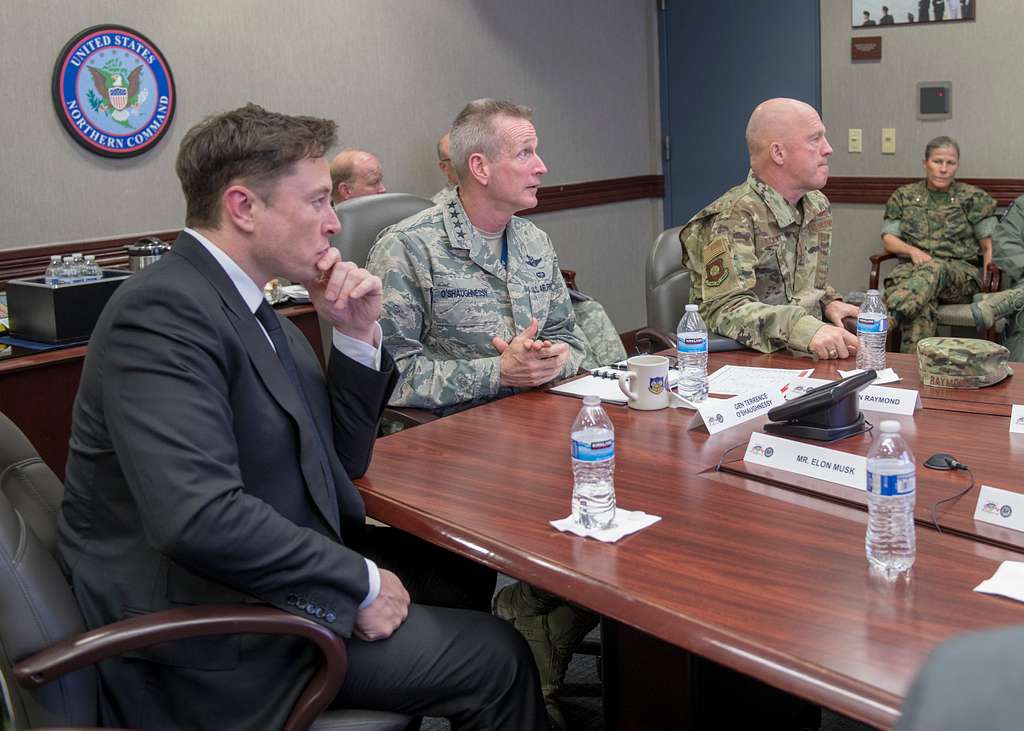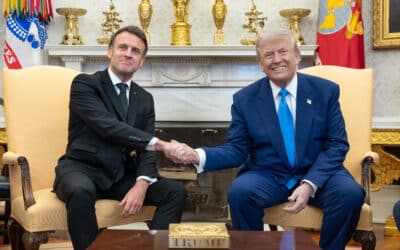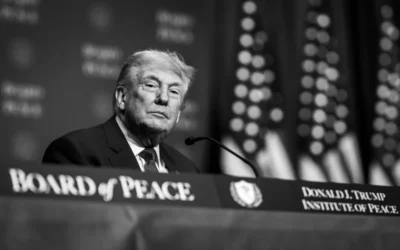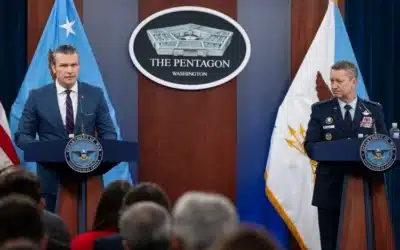The probe is a result of a misreported story that falsely claimed Musk thwarted a Ukrainian attack on the Russian naval fleet
Senator Jack Reed is leading an aggressive probe into Elon Musk and SpaceX’s role in the American war industry. The investigation stems from an incident where SpaceX declined a request from the Ukrainian government to extend the range of Starlink for an attack on Russia. That incident has been widely misreported as Musk ordering SpaceX to deactivate Starlink to thwart the Ukrainian attack.
On Thursday, Senator Reed said his committee had launched an “aggressive probe” of Musk. “The committee is aggressively probing this issue from every angle,” he said. “Neither Elon Musk, nor any private citizen, can have the last word when it comes to U.S. national security.”
The investigation stems from a portion of a biography about Elon Musk written by Walter Isaacson. Initially, Isaacson reported that in September of 2022, Musk directed SpaceX to deactivate Starlink communications near the Crimean Peninsula to stop a Ukrainian attack on the Russian naval fleet that was underway.
However, Isaacson has since admitted his original account of the incident was “mischaracterized.” Musk had declined to extend Starlink’s range to Crimea after Kyiv made an emergency request. Isaacson said that the decision was consistent with previous messages SpaceX delivered to Ukraine about the range of Starlink.
Starlink is a product offered by SpaceX that allows users to connect to the internet by connecting to satellites in low orbit. The system was designed to provide internet for civilian uses. However, SpaceX does allow Kyiv to use the system to allow for communication with the Ukrainian military. After the Russian invasion of Kyiv, Musk provided Starlink to Ukraine free of charge.
Still, the media and politicians have used this incident to attack Musk. A letter issued by Senators Jeanne Shaheen, Elizabeth Warren and Tammy Duckworth suggests Musk deactivated Starlink at the behest of the Kremlin. “According to public reports, Mr. Isaacson claims that Mr. Musk – after “conversations with senior Russian officials… interfered with the operation of Starlink services because of his concerns about the impact of the Ukrainian military’s operational decision-making as Ukraine has been defending itself from an illegal and unprovoked Russian invasion.”
While Isaacson says Musk held conversations with Russian officials, there is no evidence from his account that SpaceX’s decision was due to the Kremlin’s urging. SpaceX’s terms of service explain that, due to US law, Starlink cannot be used to carry out military attacks. Additionally, Musk said his concern that Russia would escalate to nuclear war, not that he did not want Russian ships destroyed.
“Starlink is not designed or intended for use with or in offensive or defensive weaponry or other comparable end-uses. Custom modifications of the Starlink Kits or Services for military end-uses or military end-users may transform the items into products controlled under U.S. export control laws, specifically the International Traffic in Arms Regulations or the Export Administration Regulations requiring authorizations from the United States government for the export, support, or use outside the United States. Starlink aftersales support to customers is limited exclusively to standard commercial service support. At its sole discretion, Starlink may refuse to provide technical support to any modified Starlink products and is grounds for termination of this Agreement.”
Additionally, Musk says that he would have granted the request to extend the range of Starlink had it been made by the White House. At the time of the incident, SpaceX provided the Starlink service directly to Ukraine for free and was not under a contract with the US military. Since the September 2022 incident, the Pentagon has purchased Starlink directly from SpaceX, which allows the US government to determine what Ukraine can do with the system.
All four Senators have suggested reviewing SpaceX’s contracts with the government as a result of the incident. Reed said the committee would look at the broader satellite market, government contracting, and “the outsized role Mr. Musk and his company have taken here.”
Senators Warren, Duckworth, and Shaheen suggest SpaceX holding defense contracts pose a threat to national security. “It poses grave national security risks if DoD contractors are able to independently act to abrogate their provision of services,” the letter says. “We are deeply concerned with the ability and willingness of SpaceX to interrupt their service at Mr. Musk’s whim and for the purpose of handcuffing a sovereign country’s self-defense, effectively defending Russian interests.”
Reprinted with permission from Antiwar.com.

































